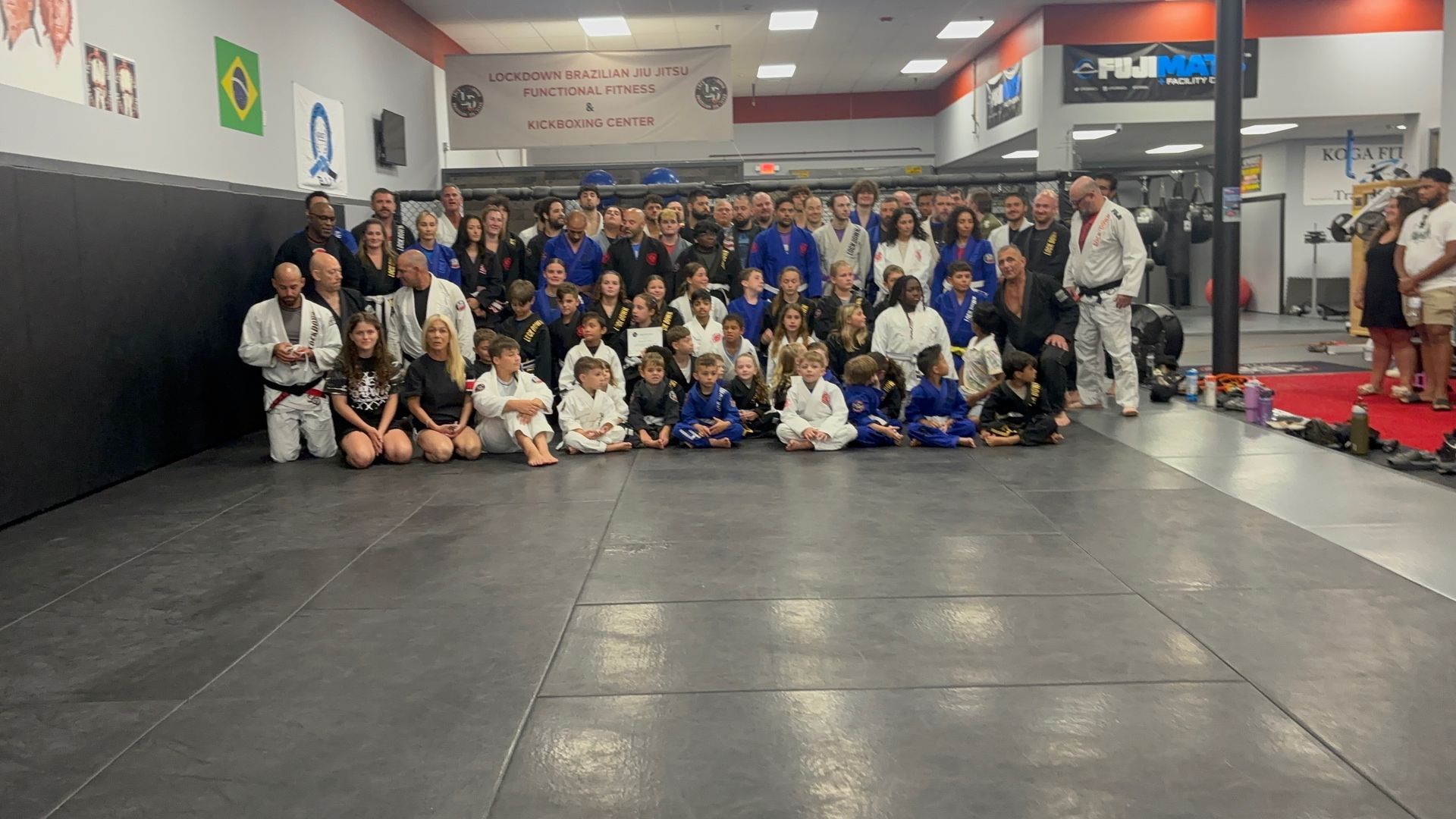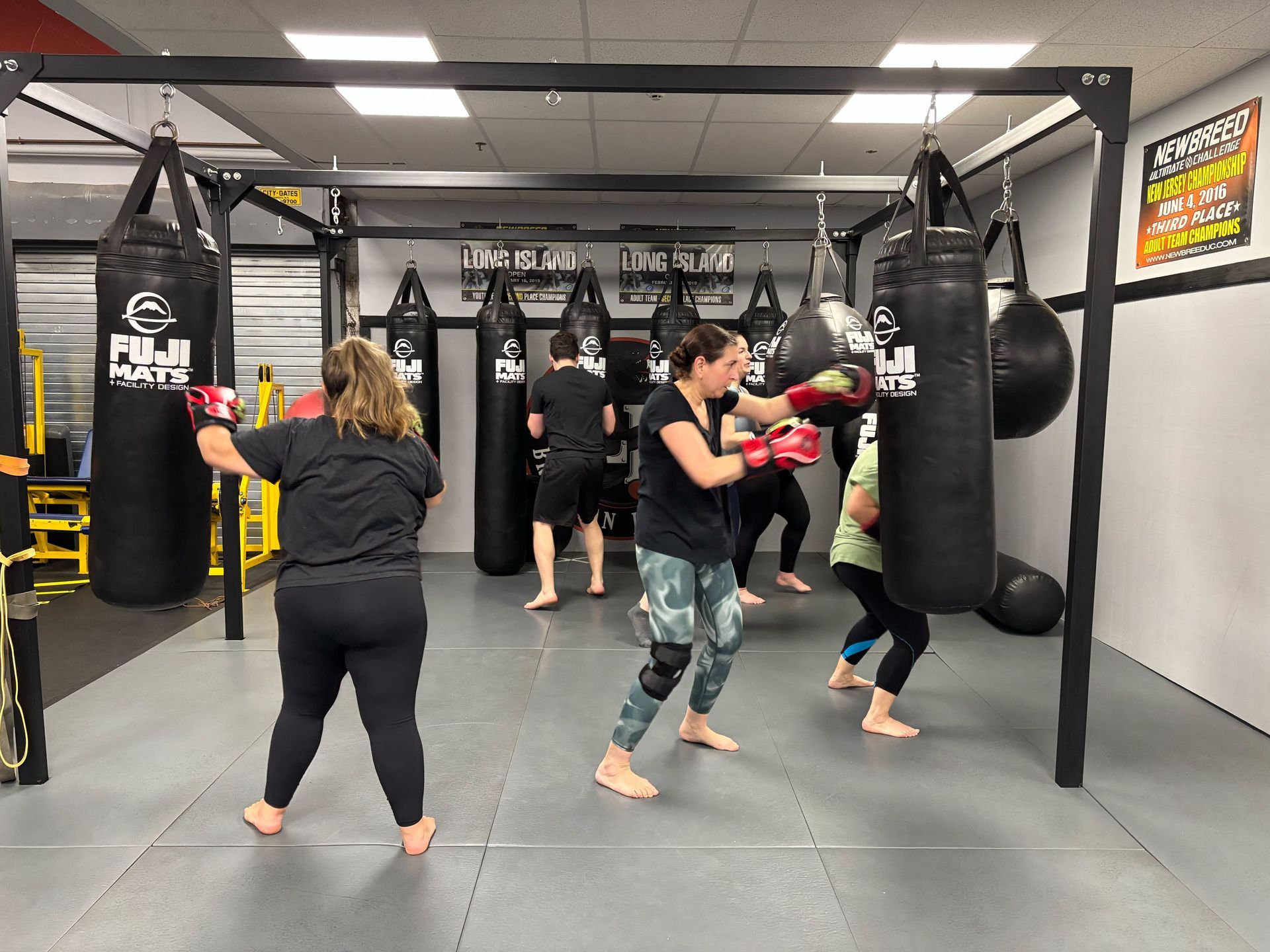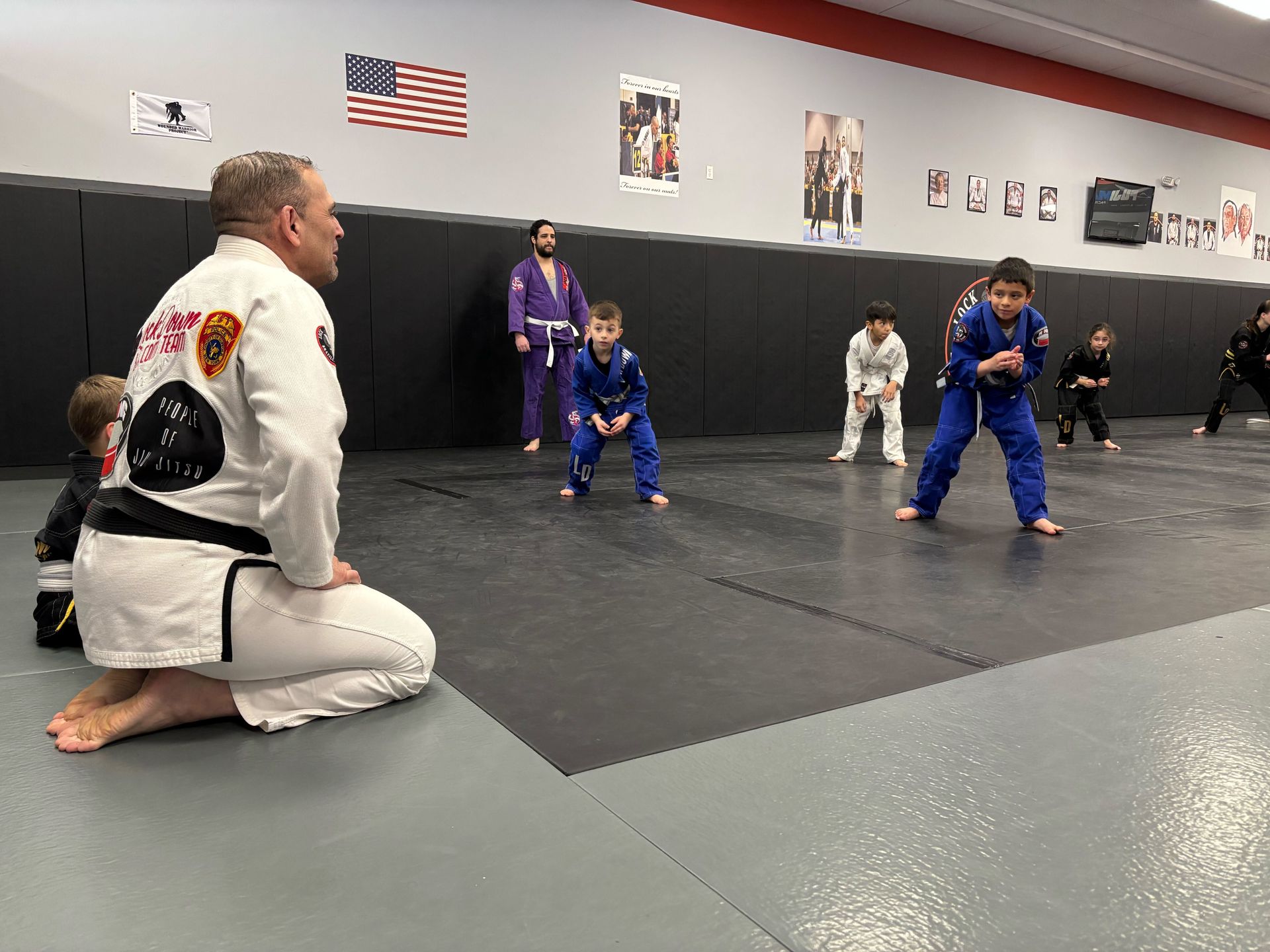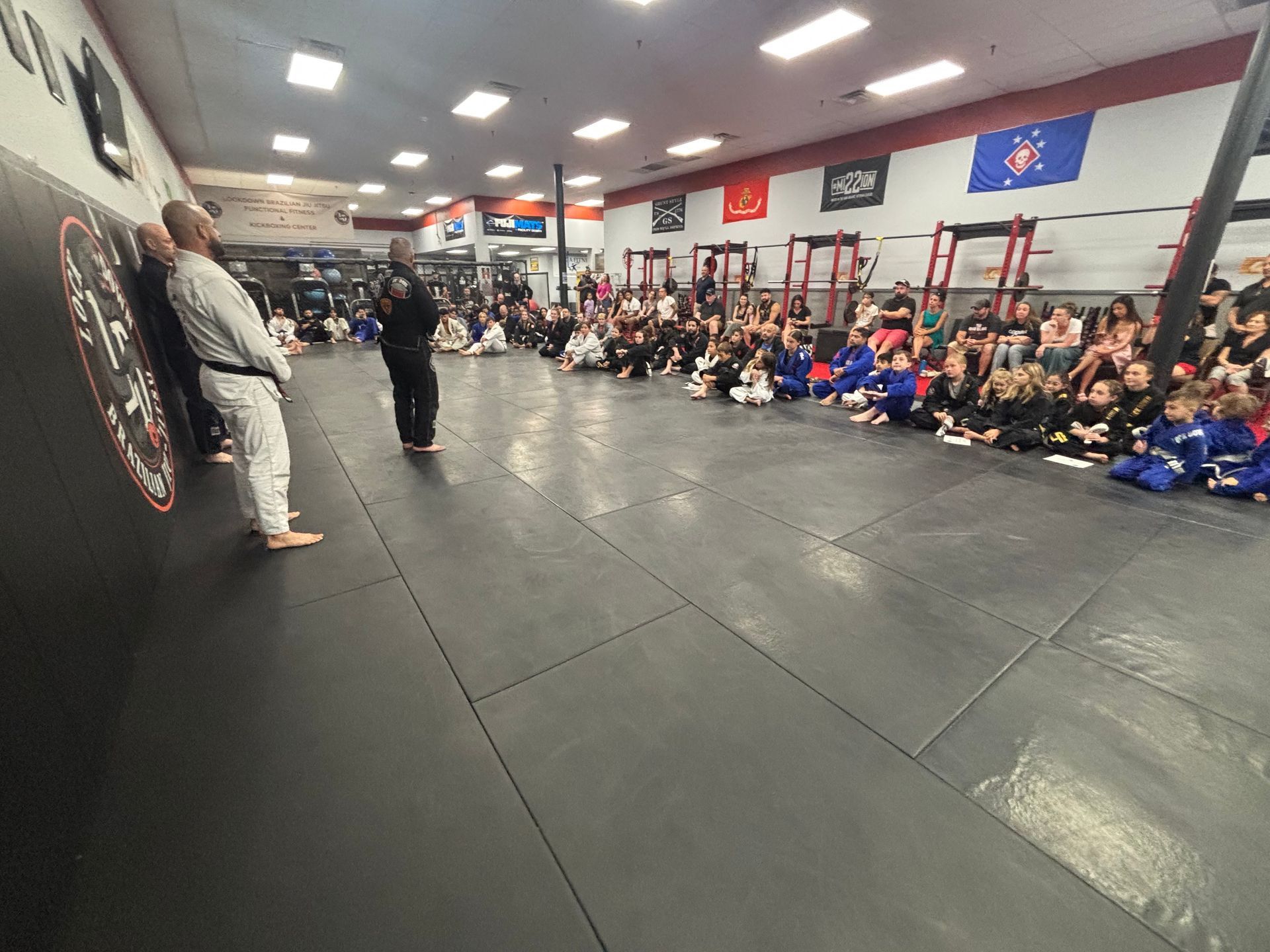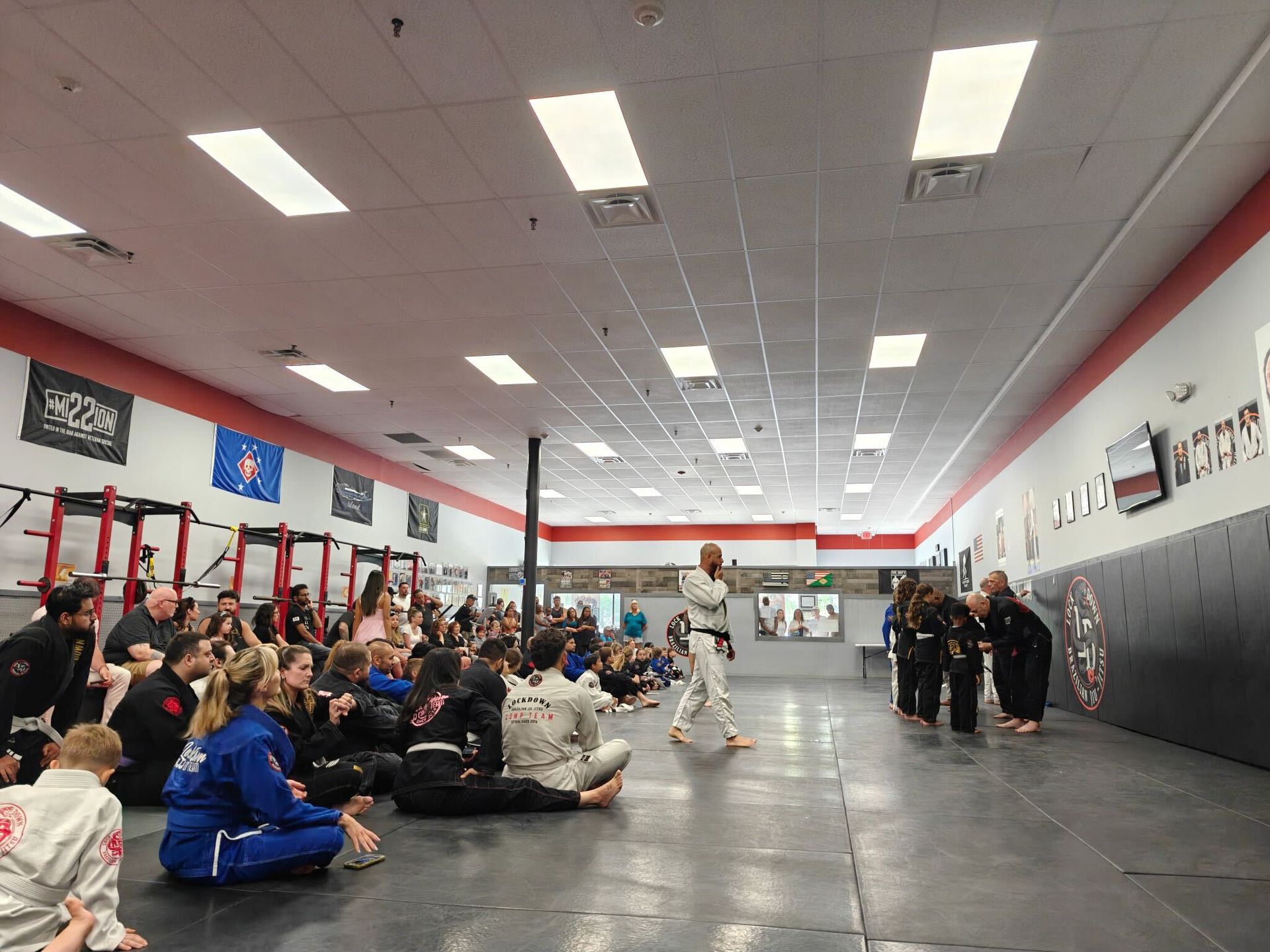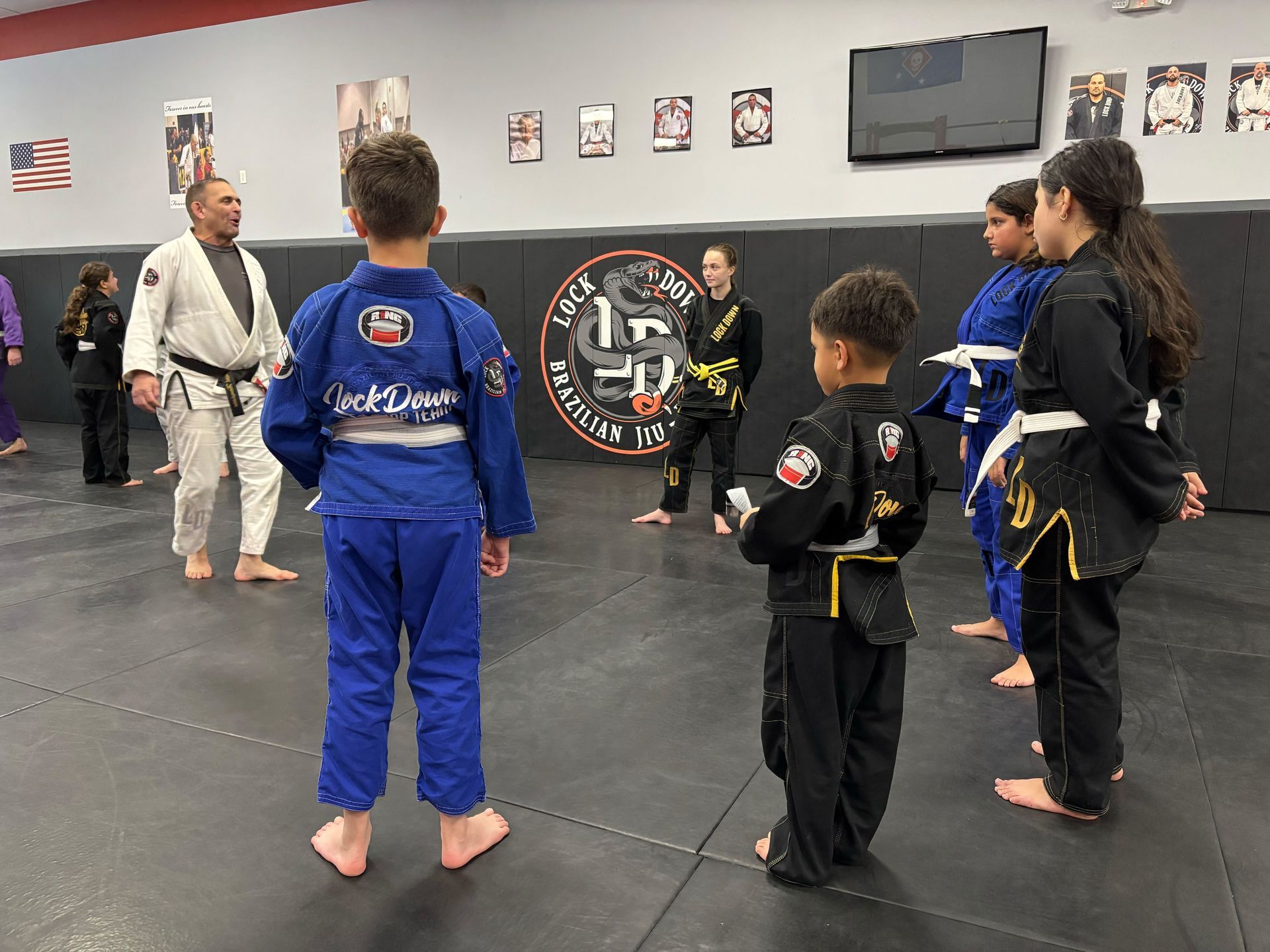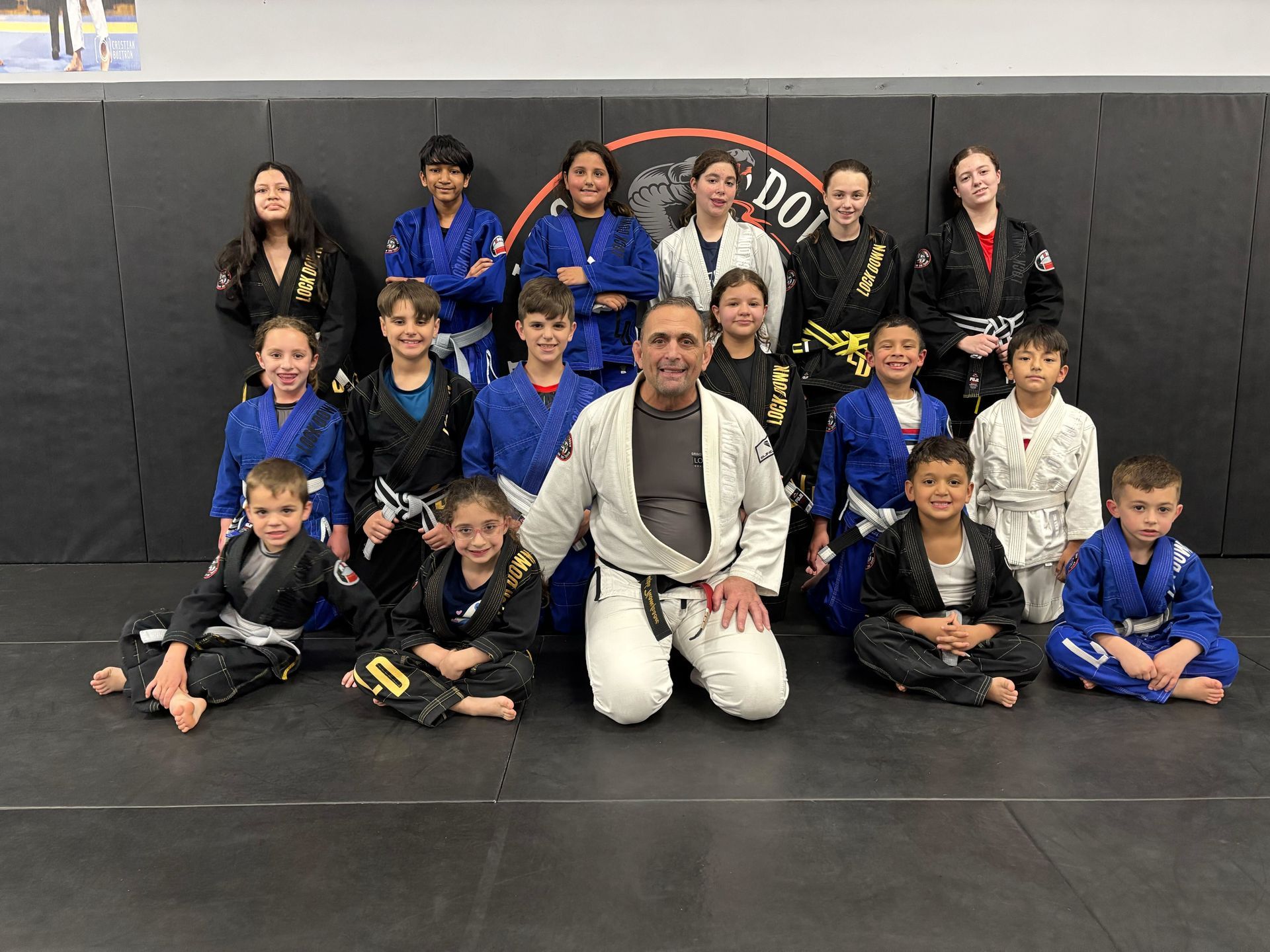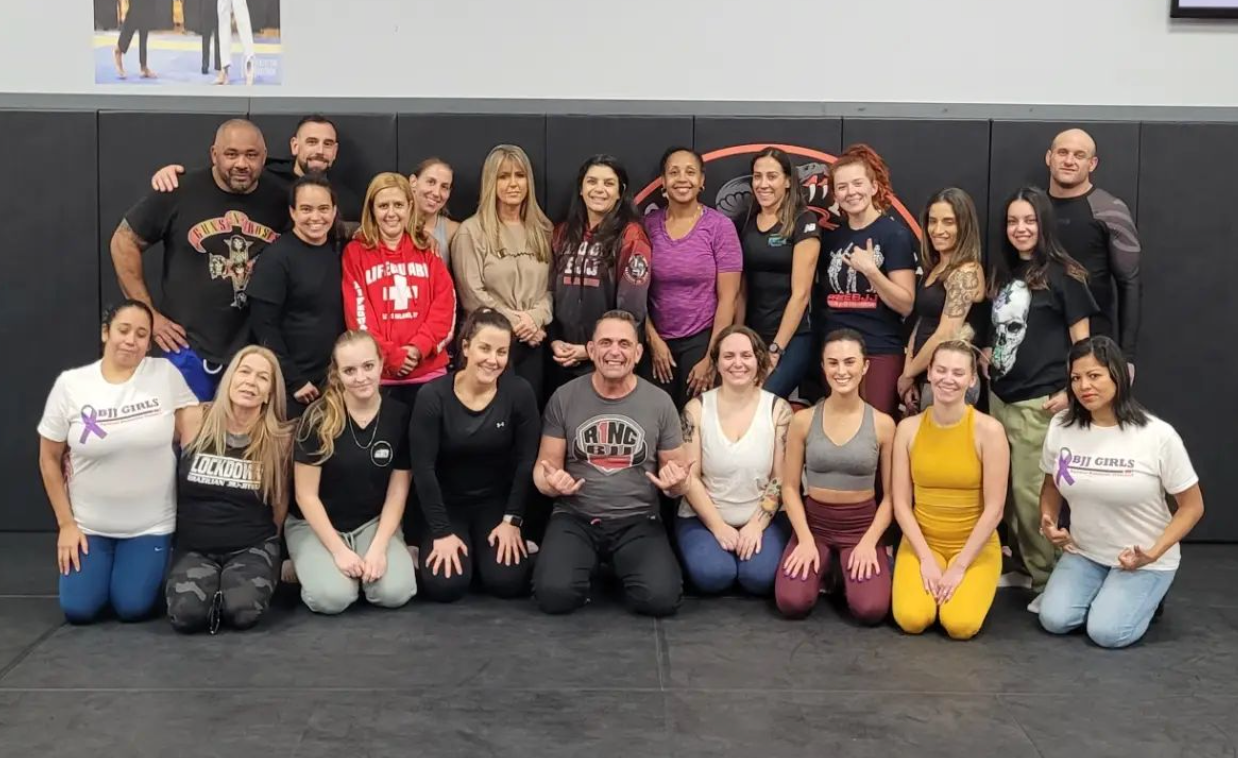Martial arts have been practiced for centuries, offering not only physical prowess but also instilling a sense of discipline and respect.
In today’s fast-paced world, where children are often distracted by technology and social media, the discipline that martial arts can provide is invaluable. This article explores how martial arts can play a crucial role in developing discipline in children, fostering both their physical and mental growth.
Understanding Martial Arts
Martial arts encompass a variety of combat practices and traditions, each with its unique techniques and philosophies. From Karate and Taekwondo to Judo and Brazilian Jiu-Jitsu, these disciplines share core principles such as respect, honor, and perseverance. Martial arts teach self-defense, but more importantly, they instill a strong sense of discipline in practitioners.
The Role of Discipline in Child Development
Discipline is a foundational element of child development. It teaches children self-control, responsibility, and the ability to set and achieve goals. A disciplined child is more likely to excel academically, socially, and emotionally. Long-term, these traits can lead to successful and fulfilling lives.
How Martial Arts Foster Discipline
Martial arts training is structured and routine-based, creating a disciplined environment. Instructors, often seen as role models, enforce rules and traditions that require respect and obedience. Rituals, such as bowing before entering the dojo or addressing instructors with proper titles, instill a sense of order and respect.
Developing Focus and Concentration
Martial arts require intense focus and concentration. Techniques like meditation, controlled breathing, and precise movements help children improve their attention spans. These skills transfer to other areas of life, helping children concentrate better in school and other activities.
Respect and Self-Discipline
Respect is a cornerstone of martial arts. Children learn to respect their instructors, peers, and even their opponents. This respect extends beyond the dojo, fostering a general sense of courtesy and self-discipline. Personal stories of children who transformed through martial arts highlight the profound impact of these practices.
Setting and Achieving Goals
Martial arts emphasize goal-setting, with clear milestones such as belt promotions and competitions. This structured progress encourages children to set and achieve personal goals, boosting their confidence and reinforcing the importance of discipline.
Physical and Mental Benefits
The physical demands of martial arts improve health and fitness, while the mental challenges enhance emotional well-being. Children learn to manage stress, build resilience, and develop a positive outlook, all of which are essential for disciplined behavior.
Improved Behavior at Home and School
Parents and teachers often notice significant improvements in behavior from children who practice martial arts. These children tend to be more respectful, focused, and responsible. Academic performance often improves as a result of the discipline and focus gained from martial arts training.
Handling Bullying and Peer Pressure
Martial arts equip children with self-defense skills and the confidence to stand up against bullying. The discipline taught helps them resist negative peer pressure and make better choices. Empowered by their training, children become more resilient to external challenges.
Community and Social Skills
Martial arts classes create a sense of community, helping children build social skills and form friendships. The importance of teamwork and cooperation in martial arts fosters a supportive environment where children learn to work together and support each other.
Challenges and Overcoming Obstacles
Training in martial arts presents various challenges, from mastering complex techniques to enduring rigorous physical demands. Overcoming these challenges teaches perseverance and resilience, reinforcing the importance of discipline in achieving success.
Parental Involvement and Support
Parents play a vital role in their child's martial arts journey. Encouraging practice, attending classes, and reinforcing discipline at home can significantly enhance the benefits. Modeling disciplined behavior themselves, parents can create a supportive environment for their children.
Choosing the Right Martial Art and Dojo
Selecting the right martial art and dojo is crucial. Factors to consider include the child’s interests, the dojo’s reputation, and the instructors’ qualifications. Ensuring the training environment aligns with discipline goals is essential for the child’s development.
Final Thoughts
Martial arts offer a holistic approach to developing discipline in children. From improving focus and respect to fostering resilience and goal-setting, the benefits are extensive. By integrating martial arts into a child's routine, parents can help cultivate a disciplined, confident, and well-rounded individual.

